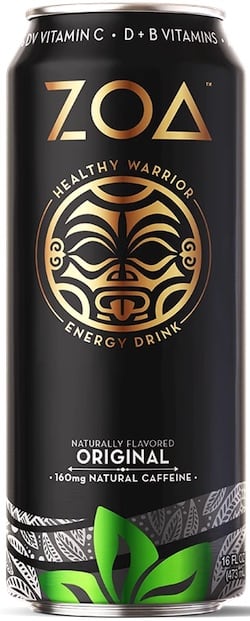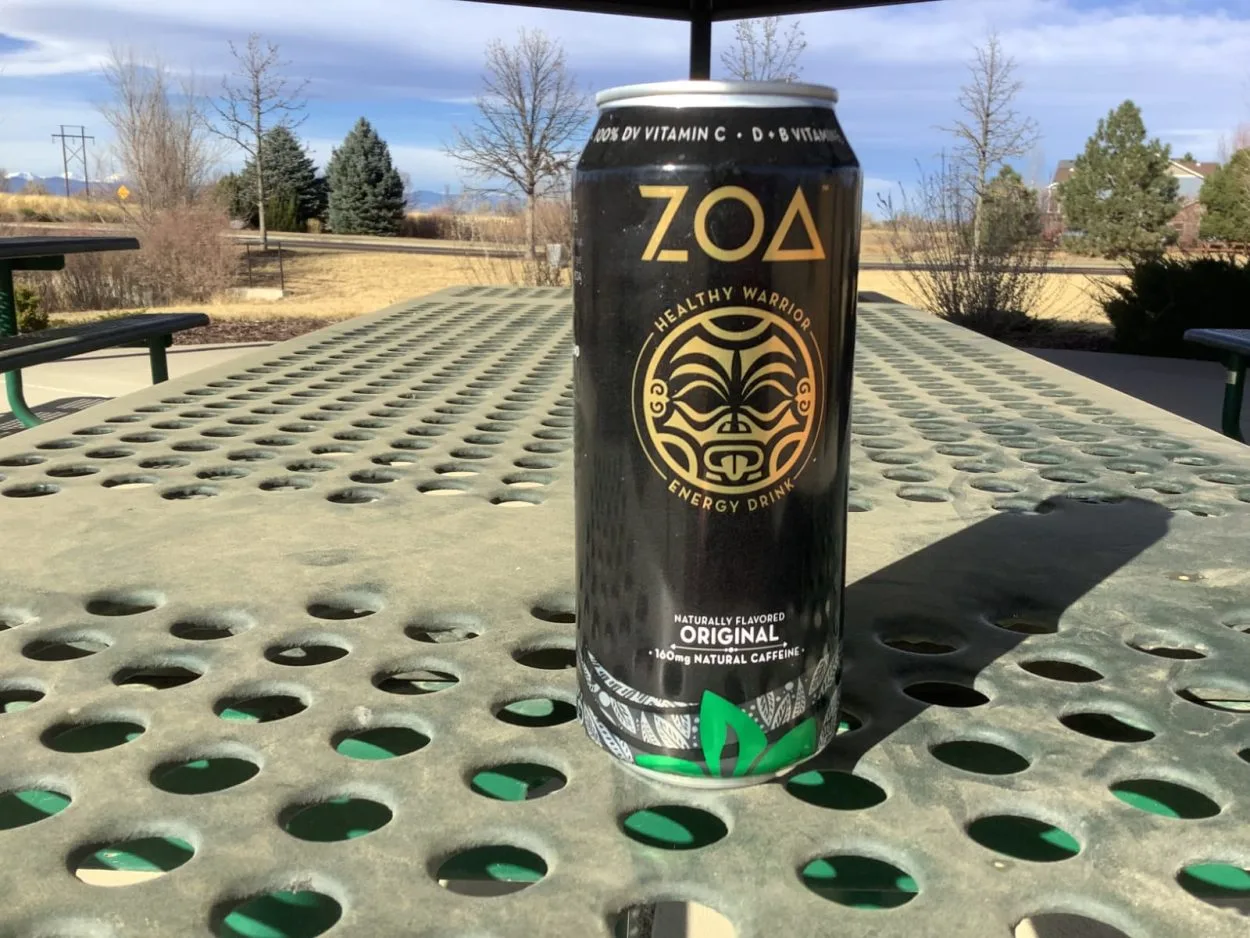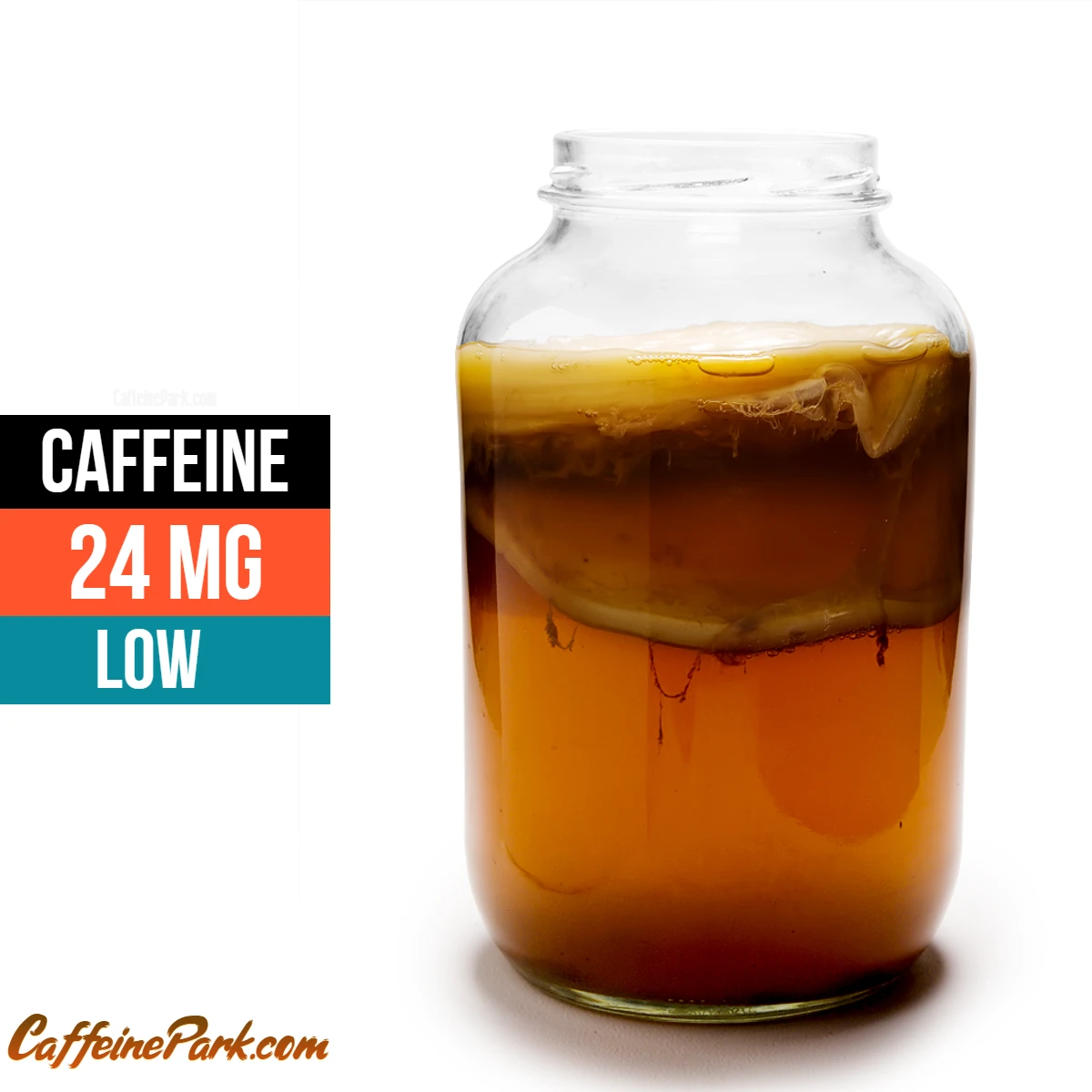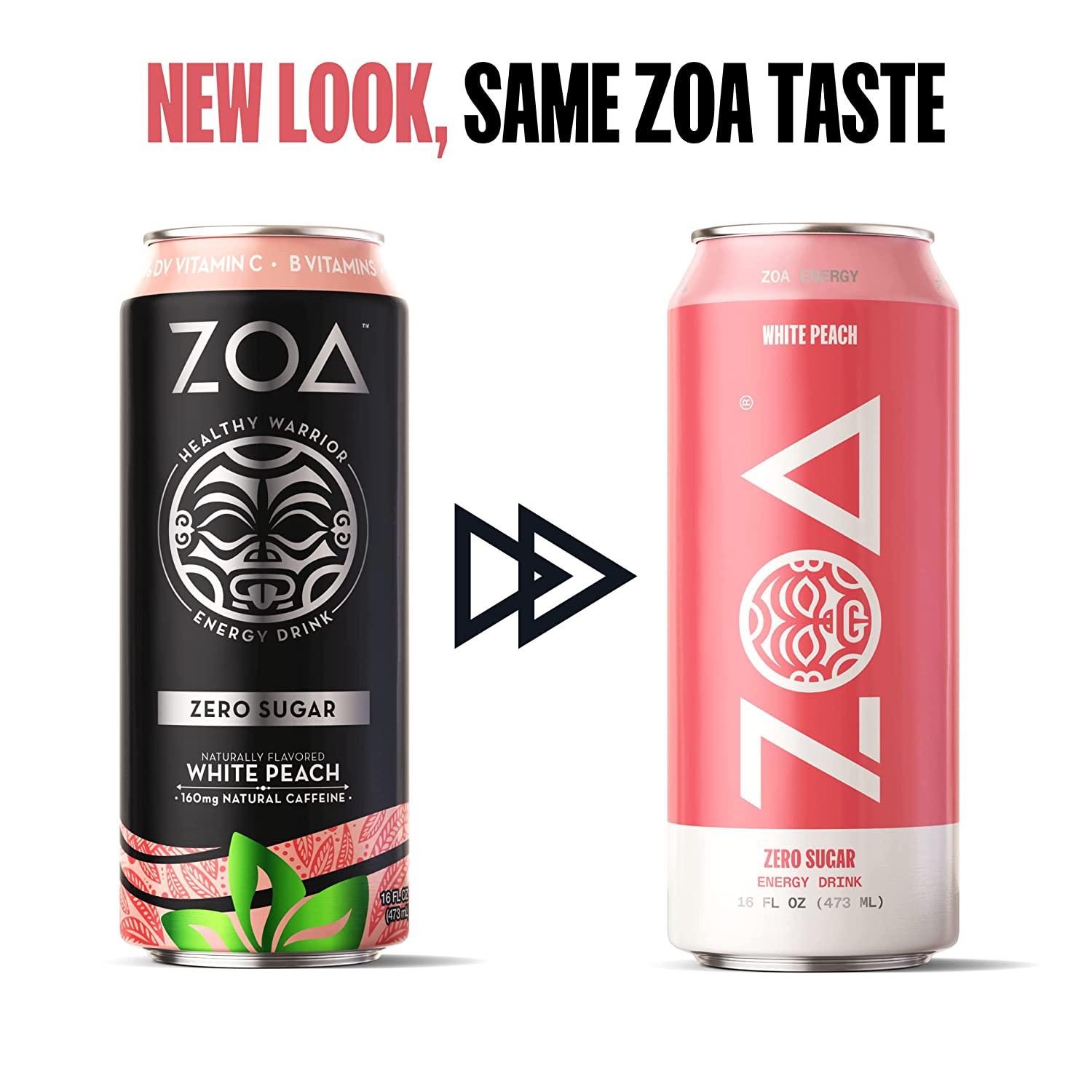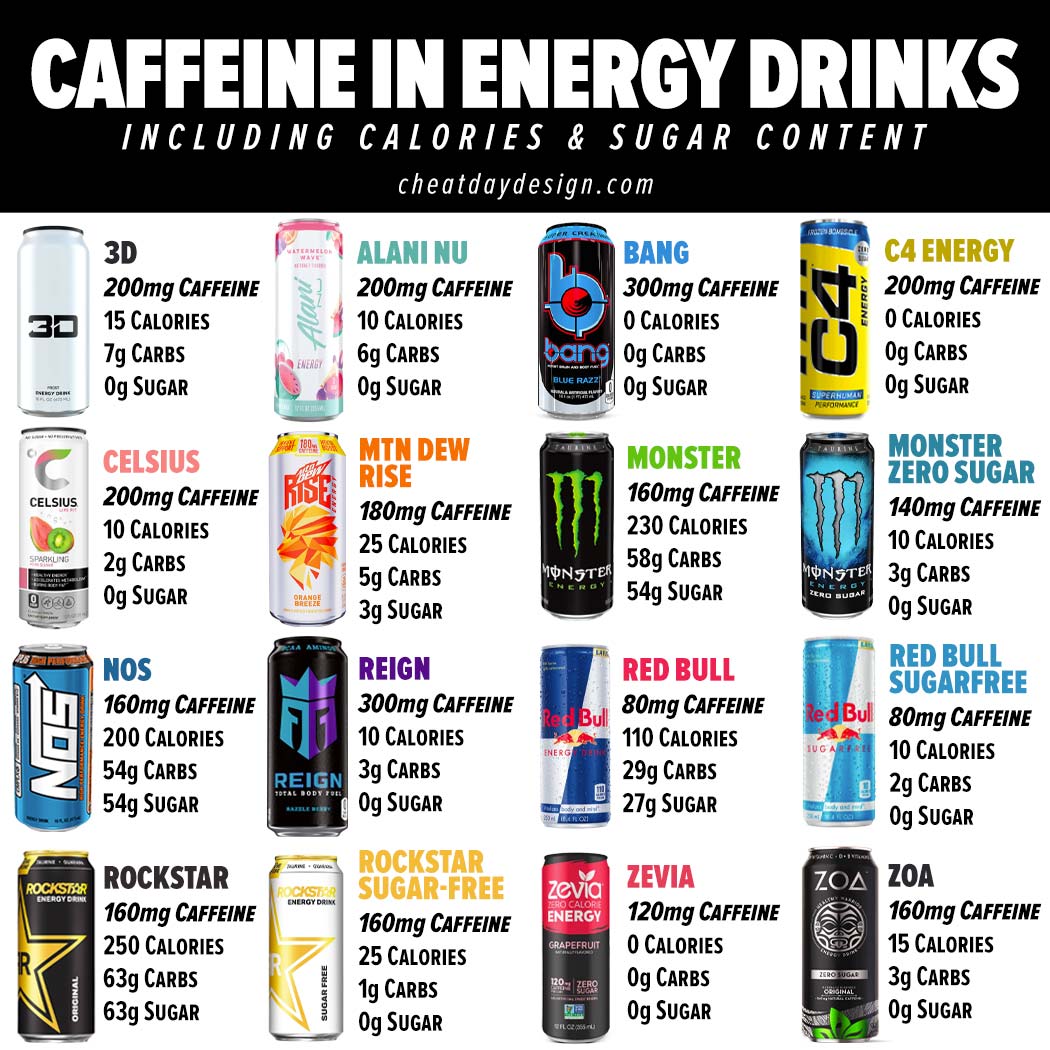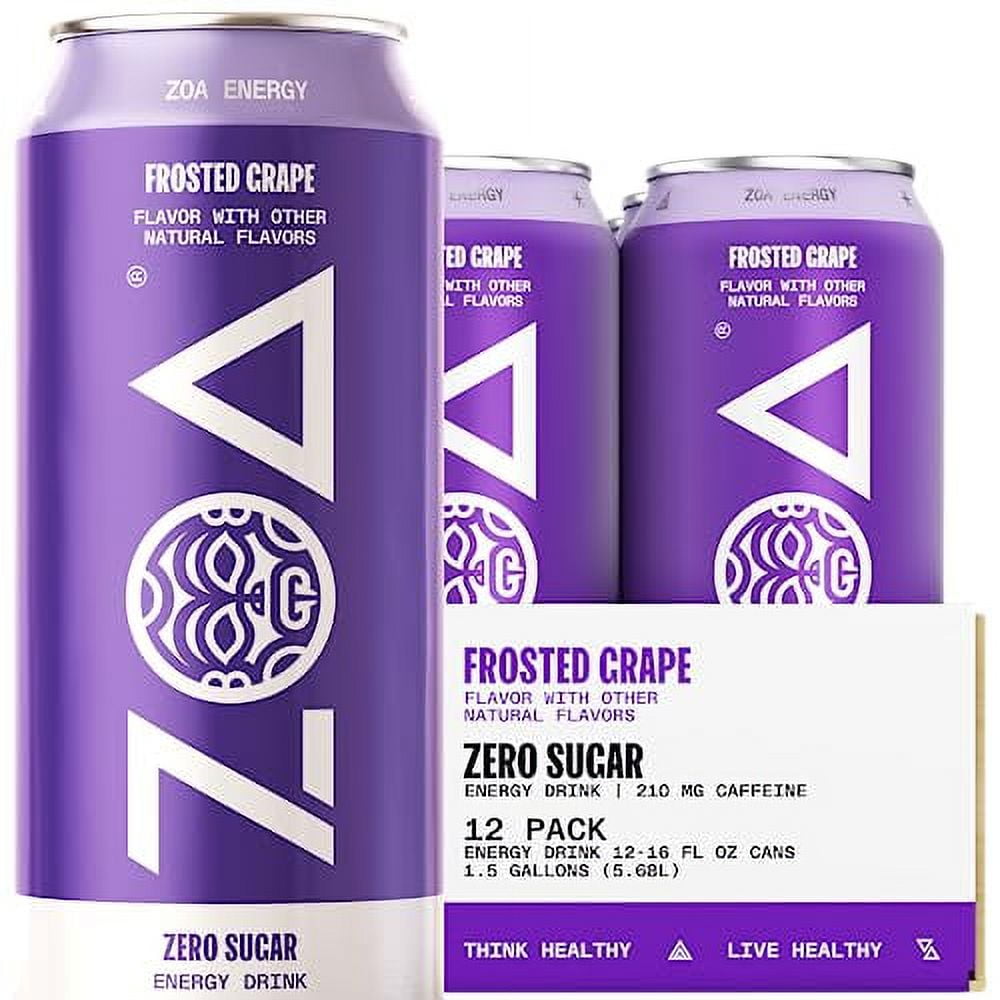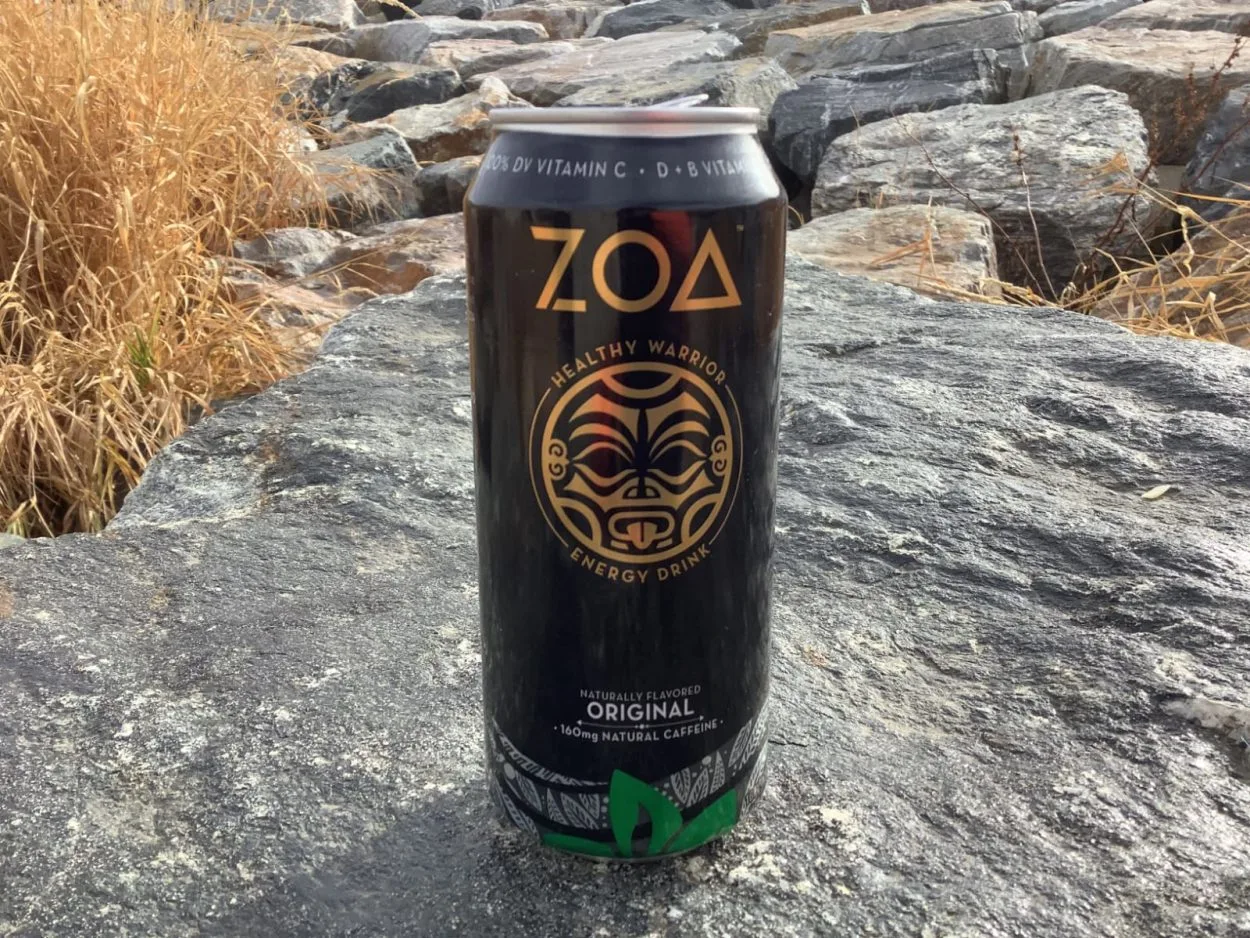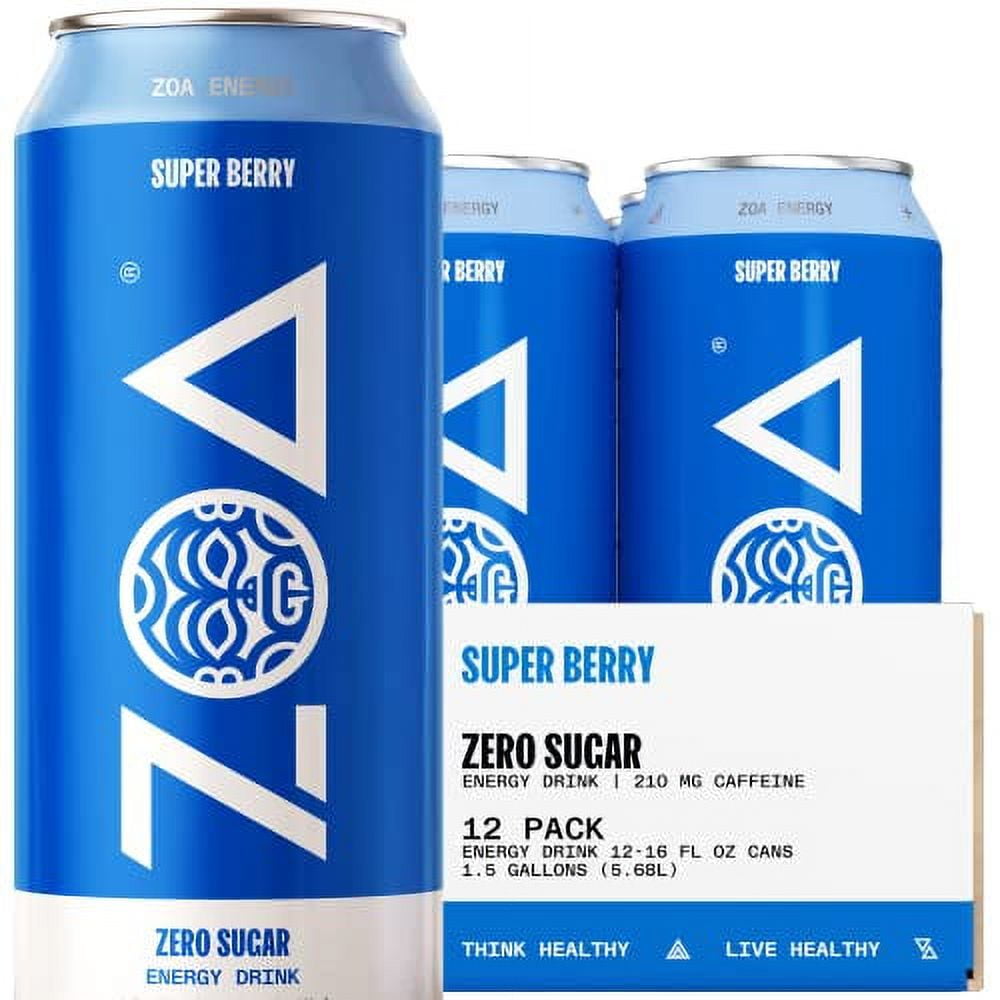How Much Caffeine Is In A Zoa Energy Drink
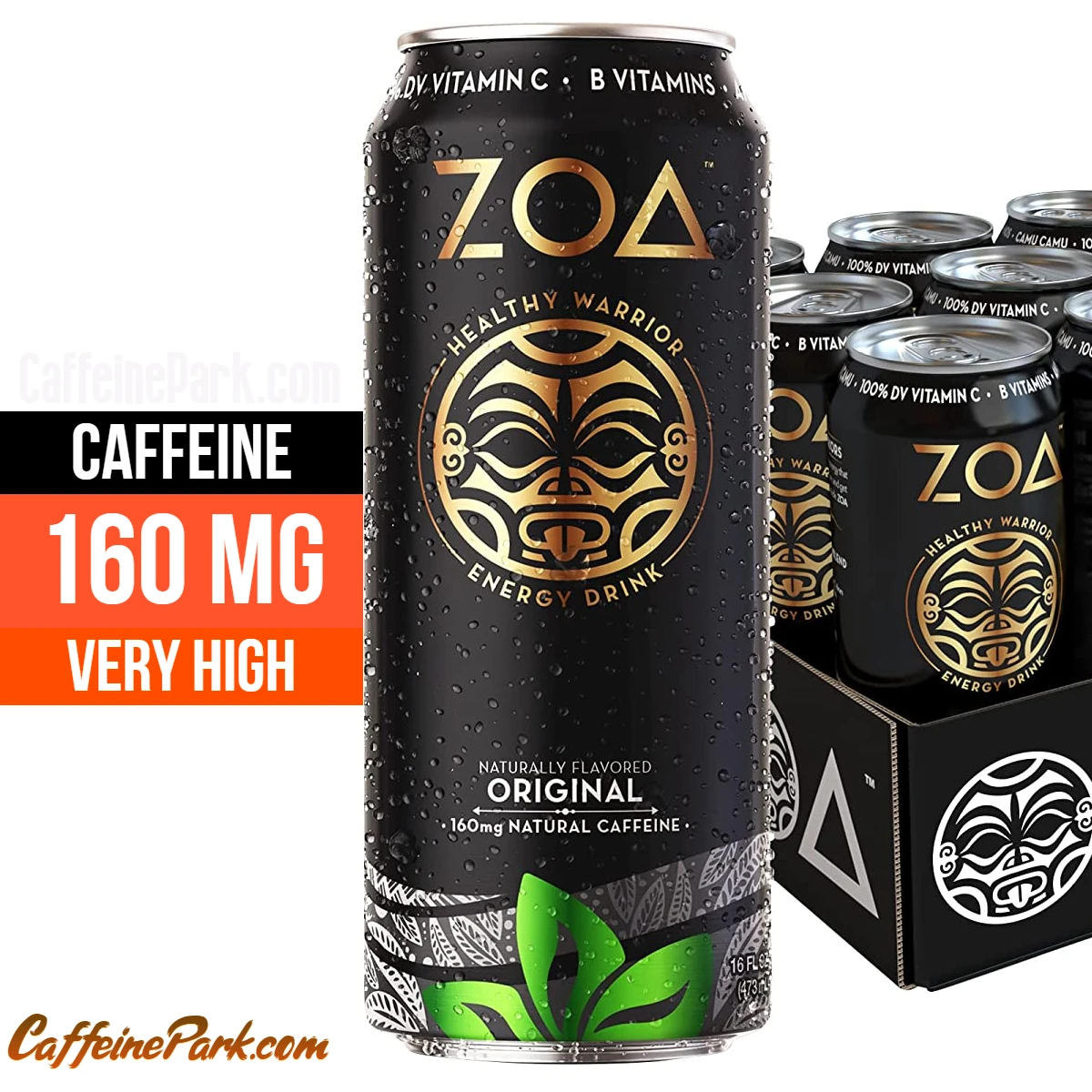
The energy drink market is a dynamic and ever-evolving landscape, with consumers increasingly seeking beverages that provide a boost to power through their day. Among the many brands vying for attention, Zoa Energy, co-founded by Dwayne "The Rock" Johnson, has carved a niche for itself. A common question among potential consumers revolves around the drink's caffeine content and its potential effects.
This article provides an objective breakdown of the caffeine levels in Zoa Energy drinks, examining what this means for consumers and offering context within the broader energy drink market.
Understanding Caffeine Content in Zoa Energy
Zoa Energy drinks contain 160 milligrams of caffeine per 16-ounce can. This caffeine is derived from green tea extract and unroasted coffee beans.
The brand explicitly states this amount on its packaging and website, ensuring transparency for consumers.
This level positions Zoa in the mid-range of energy drink caffeine content, falling between lower-caffeine options like some teas and higher-caffeine products marketed for extreme energy.
Caffeine Compared: Zoa and Its Competitors
To understand the significance of 160mg of caffeine, it's important to compare it to other popular beverages. A standard 8-ounce cup of coffee typically contains between 80 and 100 milligrams of caffeine.
Therefore, one 16-ounce can of Zoa Energy is roughly equivalent to two cups of coffee.
Other energy drinks vary widely in caffeine content. Some brands offer as little as 50mg per serving, while others can contain upwards of 300mg or more.
Popular brands such as Monster Energy typically contain around 160mg of caffeine per 16-ounce can, making Zoa comparable in terms of caffeine levels.
The Significance of 160mg of Caffeine
For most adults, 160mg of caffeine is considered a moderate dose. The Food and Drug Administration (FDA) states that 400 milligrams of caffeine per day is generally considered safe for healthy adults.
However, individual tolerance to caffeine can vary significantly. Factors such as body weight, sensitivity to stimulants, and overall health can influence how caffeine affects an individual.
Some individuals may experience benefits from 160mg of caffeine, such as increased alertness, improved focus, and enhanced physical performance. Others might be more susceptible to side effects like anxiety, insomnia, or a rapid heartbeat.
Zoa's Positioning in the Energy Drink Market
Zoa Energy distinguishes itself not only through its caffeine content but also through its inclusion of other ingredients. These include electrolytes, amino acids, and vitamins, marketed to promote hydration, recovery, and overall wellness.
The brand emphasizes a "healthier" energy drink alternative compared to some competitors that rely solely on high doses of caffeine and sugar.
The marketing strategy, tied to Dwayne "The Rock" Johnson's fitness-focused persona, further reinforces this positioning.
Potential Impact on Consumers
The caffeine content of Zoa Energy drinks can have various impacts on consumers, depending on their individual sensitivities and consumption habits.
Those who are accustomed to moderate caffeine intake may find Zoa provides a convenient and effective energy boost. However, individuals sensitive to caffeine or those who consume multiple cans per day should be mindful of potential side effects.
Parents should be especially cautious about allowing adolescents and children to consume energy drinks, as they are more susceptible to the negative effects of caffeine. Health professionals generally advise against energy drink consumption for young people.
Conclusion
Zoa Energy drinks contain 160 milligrams of caffeine per 16-ounce can, a moderate amount that positions the brand within the mainstream energy drink market. This caffeine level is comparable to a large cup of coffee or other popular energy drink brands like Monster.
Consumers should be aware of their own caffeine tolerance and individual health conditions when considering Zoa or any other caffeinated beverage.
By being informed about the caffeine content and potential effects, consumers can make responsible choices that align with their personal needs and health goals.
